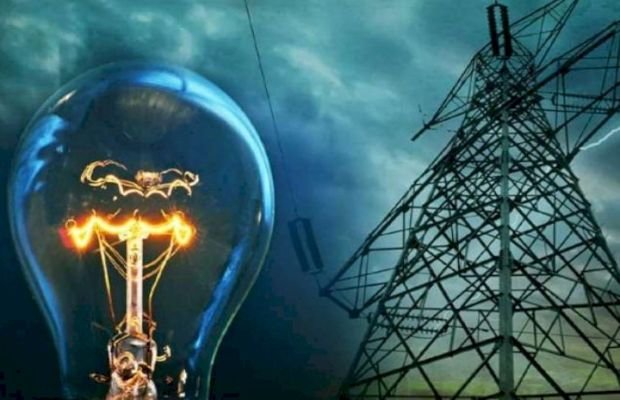By Tariq Khalique
Pakistan has been struggling with a chronic energy crisis for several years, characterized by frequent power outages and gas shortages that have severely impacted the lives of its citizens and hindered economic development. The country’s energy woes are multifaceted, stemming from various factors, including mismanagement, poor infrastructure, circular debt, energy theft, overreliance on fossil fuels, and a growing demand-supply gap.
One of the primary reasons for the energy crisis in Pakistan is the outdated and inadequate energy infrastructure. The power generation and transmission systems are in dire need of modernization and expansion to keep up with the growing demand.
The vicious cycle of circular debt and the inability of power distribution companies (DISCOs) to recover costs from influential consumers leads to a lack of funds for further investment. Besides, rampant power theft, line losses, unauthorized connections, and meter tampering further exacerbate the crisis.
Socio-economic impact of energy crisis
The country heavily relies on fossil fuels, particularly natural gas, for power generation. A decline in domestic production and an overreliance on imported petroleum products and liquefied natural gas (LNG) causes a shortage. The prices of imported fuel and LNG are influenced by international market fluctuations. As the prices of oil and gas rise globally, it drives up production costs and tariffs in Pakistan. These factors necessitate tariff adjustments to balance revenue generation and costs.
The gas shortage and frequent power outages hamper industrial production, and commercial activities, and consistent tariff hikes on households, industries, and the agriculture sector put a strain on family budgets, reduced production, job cuts, and decreased competitiveness.
A volatile energy pricing environment discourages domestic and foreign investments in various industries.
Likewise, power outages or scheduled power cuts affect daily life, as citizens endure sweltering heat or cold without electricity for hours. This also impacts essential services such as healthcare and education.
The lack of alternative energy sources and reliance on fossil fuels contributes to environmental degradation, air pollution, and climate change exacerbates these issues. The government often needs to subsidize electricity and gas to keep prices affordable, leading to budgetary strains and the accumulation of circular debt.
Other factors the power sector is confronted with include a growing fiscal deficit, circular debt, and the need for external financial support.
In such a scenario, the authorities should prioritize comprehensive energy sector reforms. Reducing transmission and distribution losses, addressing electricity theft, and improving the efficiency of energy production and distribution can help stabilize tariffs.
Way forward
A multifaceted approach is required to address the energy crisis. Modernizing and upgrading energy infrastructure, and implementing measures to curb energy theft, will certainly help overcome the crisis.
Pakistan should diversify its energy mix by investing in renewable energy resources such as solar, wind, and hydropower to reduce its reliance on fossil fuels, and imported energy resources,
Long-term sustainable solutions, such as enhanced governance, transparency, curbing corruption, sustainable tariff structures, and partnerships with neighbouring countries for energy supply and to protect vulnerable segments through targeted subsidies and social safety nets will alleviate the impact of tariff hikes on low-income households.
Moreover, there is a need for comprehensive energy sector reforms, reducing losses, curbing energy theft, improving the collection of bills by using technology to monitor consumption and identify unauthorized connections, and promoting transparency, are crucial.
Policy reforms are also needed to create a favorable environment for private investment by addressing the issues of pricing, subsidies, and regulations.
The power and gas shortages in Pakistan are a complex issue with profound social, economic, and environmental consequences. Addressing this crisis requires a coordinated effort from the government, industry, and society to tackle the complex issue and unlock Pakistan’s full potential for growth and development.
Investments in infrastructure, reducing energy theft, and transitioning to cleaner energy resources play a key role in ensuring a more reliable and sustainable energy supply.

Tariq Khalique is a Karachi-based senior journalist and published author. He has worked for leading English dailies. Currently, he is working for a private PR firm.

The High Asia Herald is a member of High Asia Media Group — a window to High Asia and Central Asia

